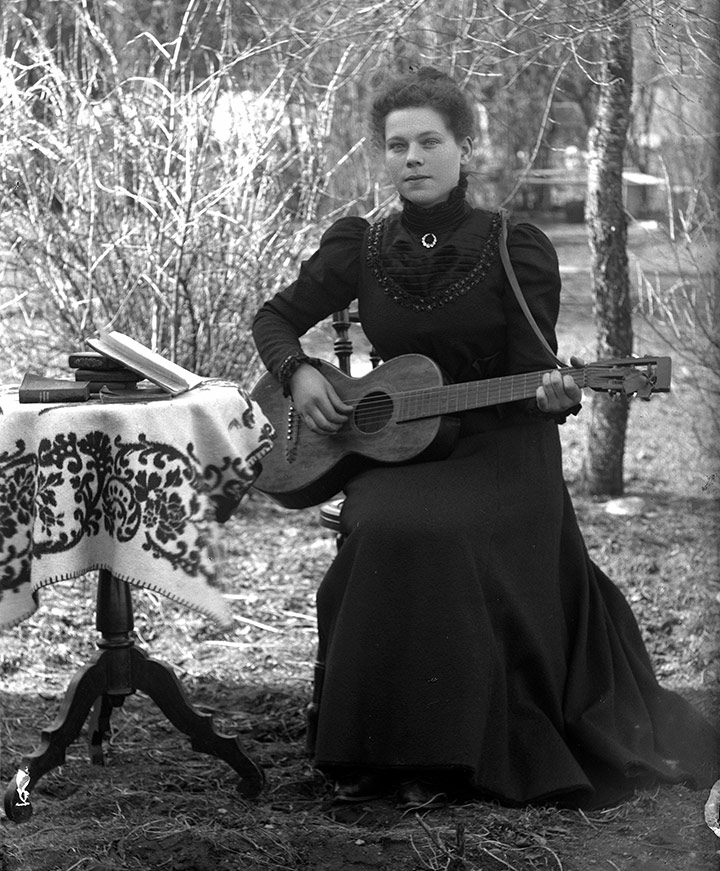
Jenny Söderkvist amb una guitarra. 1899 | Samuel Lindskog, Örebro läns museum | Domini públic
Julieta Venegas is a passionate about literature. In her creative universe, music and books continually relate to each other and feed on each other. During her intervention in Primera Persona 2019, the singer opened the doors to her world to explain her process as a songwriter and the role played in it by readings and personal experiences. We are offering you a fragment from her book in the Breus collection, Literature and Music Are Part of Me, recently published by the CCCB.
The processes
Processes are better than results. Everything we do, everything we write, and everything we read is a path opening into something else. That’s the enjoyment, the process of learning to get from one point to another. Tonight, I’d like to tell you about my personal process as a composer and how the books I read have not only been an inspiring part but also vital for my work in music, and personally too.
Music has always been my way of communicating, of understanding, and explaining things, expressing what I’m feeling, and also my particular way of responding to the questions life confronts me with. In literature I found an ally that is always with me as part of my learning and growth. Everything we do is a small point in life and if we connect the points, perhaps we’ll find the map that describes us. I’d like to try to tell you about this map and the points that make up my personality and my way of seeing life. And, of course, I’d like talk to you about books.
When I was little, lying on the couch, reading a book from start to finish, mesmerised, without having to talk to anyone, was the greatest luxury in the world. We didn’t have television at home and reading a book was more or less approved of, to the point that I wasn’t pressured to socialise with anybody as long as I had a book in my hands. That was the greatest.
Autofiction
Every song has some autofiction. It’s a theory I’ve been testing. I speak about me when I write, and you speak about me when I read you. I sing a song as if it was mine, although it’s been written by someone else. We are describing ourselves. Ah, that’s what we’re doing as we read, finding stimuli that bring us closer to understanding, or that set us on the way to understanding what we are. It’s the same with singing songs, moving on this transparent, trembling ground, which is what emotions are: if I’m sad, make me cry; if I’m happy tell me about it. Maybe that’s why I’m attracted to books about someone else’s reality. Fiction is reality, they say, but the way how something that’s been experienced is told is something else.
Life is chancy and it’s good to find it in the raw, while the person you’re reading is learning the lesson, right at the time she’s describing it. Reading someone talking about his life stirs up things in my own. This happens with a book I love, Joe Brainard’s I Remember. After reading “I remember” three times, I am imagining every “I remember” of my own, reliving sounds, smells, faces, names, conversations.
Sometimes these remembrances awaken sensations in me which I know are not from now but from some other stage in my life. We tend to idealise childhood, but I don’t know if I can say that it’s the stage I most enjoyed. Maybe this is why I identify with Karl Ove Knausgård because I think that childhood and adolescence are stages that mark us and define us, mark out the path we’ll take, though living through them only helps us to recognise what we reject and what we want.
I’ve always been one for reading anywhere. I don’t need to go to a café or a park. I prefer to read at home, but I can read in any vehicle, car, truck, boat, plane, or train. I need several hours every day to read, and if I don’t have them, I sneak reading into my day’s activities.
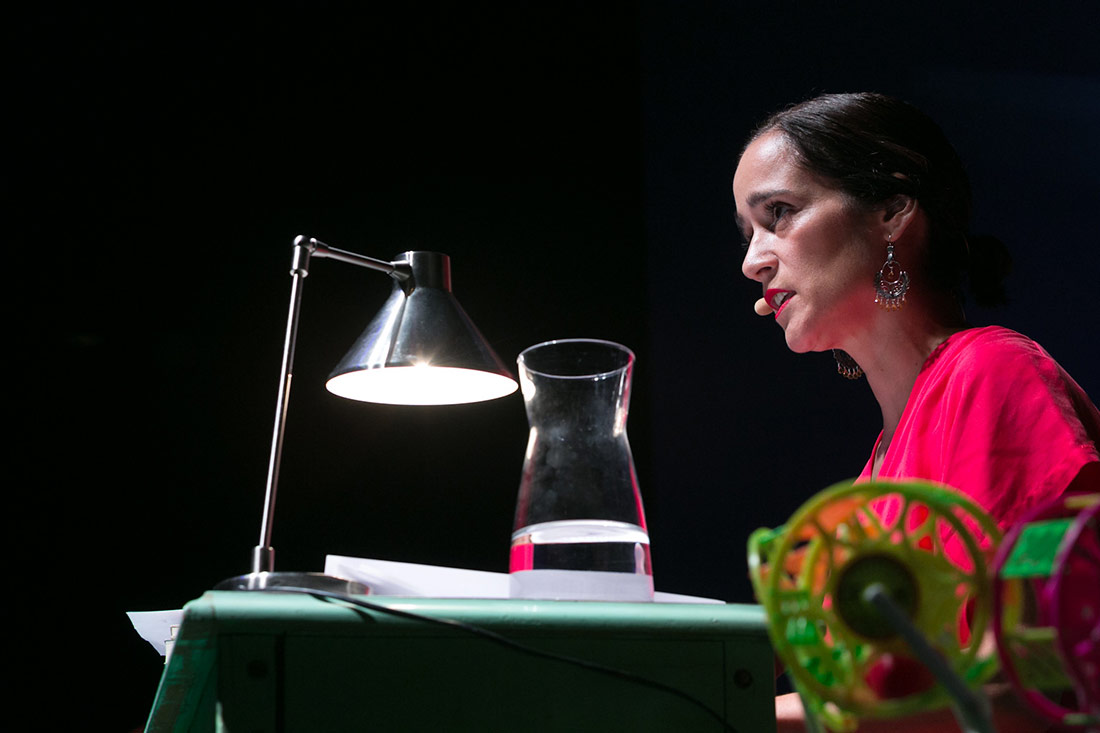
Julieta Venegas, Primera Persona 2019 | Miquel Taverna | © CCCB
Reading and music
How does my reading and music come together? Or, rather, I wouldn’t know how to separate them. They’re part of the same microcosmos. My need to write and my wanting to read come from the same place: a place I need to understand the world, to be able to express it, and express myself. Words and music allow me to enjoy language. They make me think, ponder things, and bring me happiness.
There have been songs inspired by books, stories, and characters. Yet, in fact, it’s more than just a song. It’s something that’s firmly united, but not in a specific way. It’s not that I use language in a certain way because I read something, or that I say something because of this or that novel. When I start writing, I try to forget everything I know. What comes, this thing that I already have as part of my subtle fabric, doesn’t come from any particular place, but it has been nourished in some place of what I am. And, at any time, I can try to tell it with a song. All the processes are united. We have to read because it gives us pleasure, rather than doing it because someone tells us we must. And never because we believe that this will make us better people. Reading helps us to be this person we need to be. It’s one more tool for opening up paths and for finding ourselves. Writing is communicating, and communicating is essential for surviving in this world. And for feeling that we are a little less alone.
Why then? Why enter into these worlds? Into the world of Vasily Grossman, the world of Stalingrad, experiencing hunger, going into a gas chamber holding a child. Why do I get on this train with Imre Kertész? Though he’s holding my hand, he can only take me on a path of tragedy. Why do I want to live Proust with his charm, his elegance, his musicality, his delightful frivolity? Why get into the worlds of Susana Thénon, Nicanor Parra, Flaubert, Natalia Ginzburg? Why do I want to enter the strange worlds of Pablo Katchadjian, of Elena Garro? And why am I going happily into the terrible, moving world of Clarice Lispector? Why do I want to know about the life of Stoner, in this book by John Williams, and why does his grey, failure of an existence seem so thrilling to me?
Here’s why: we’re all connected, all essentially grains of sand, living stuck, scrambled together, and the more layers we remove, the more similar we are, only we forget about this all the time, and reading others reminds us of it. “All mankind in a walnut.” Our beauty, our vulnerability, our desires, our failures flare up when we recognise them in other stories. When we recognise ourselves. This is the gift of literature. This is the gift of art. And this is why it must be celebrated. We must enjoy it while we can, look back and look ahead because everything we’ve been keeps constructing us, step by step, towards a future we don’t yet know. And let’s celebrate the fact that the masterpieces of the future are still to be written by somebody who’s still to be born.
Fernando Pessoa, Josefina Vicens, Roberto Bolaño, Anne Carson, Iris Murdoch, Fyodor Dostoevsky, Maggie Nelson, Magda Szabó, thank you.
Samanta Schweblin, Leo Tolstoy, Romina Paula, Fernanda Melchor, Ivan Goncharov, Joseph Roth, Amos Oz, Chris Kraus, Gloria Fuertes, thank you.
Italo Svevo, Sara Uribe, Selva Almada, Yasunari Kawabata, Vivian Gornick, Marina Tsvetaeva, Emily Dickinson, Ben Clark, Vasily Grossman, Svetlana Alexievich, Rafael Bernal, Mariano Blatt, thank you.


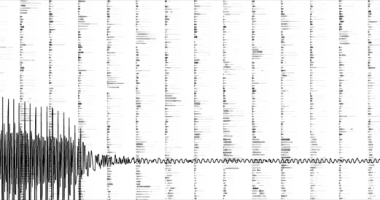
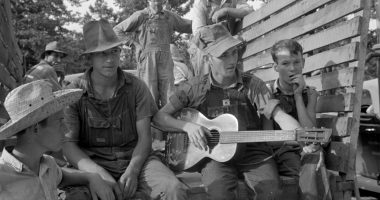
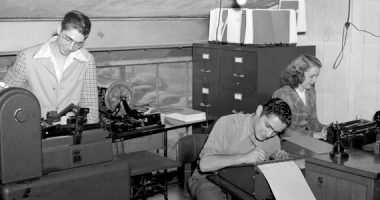
Leave a comment